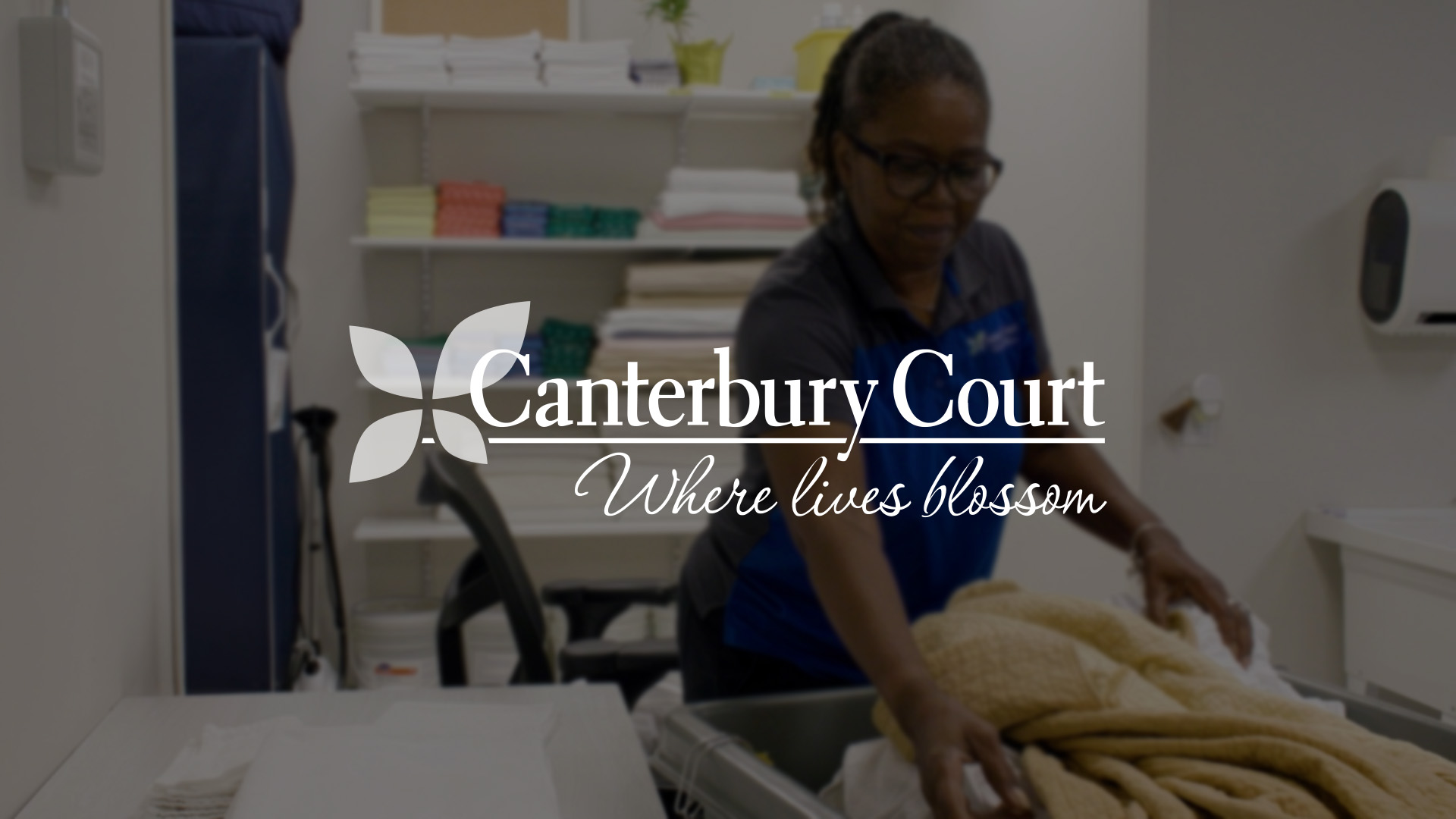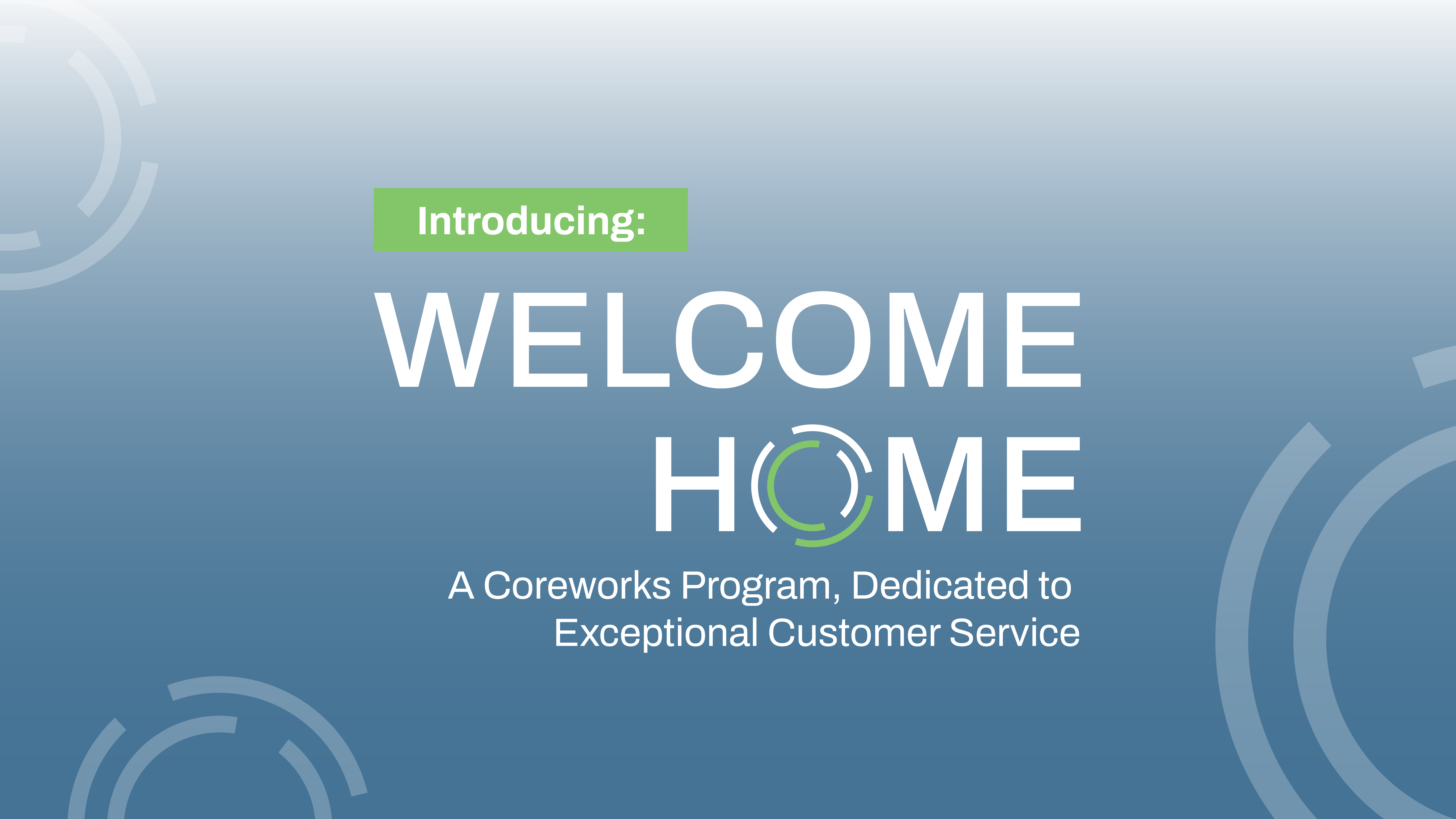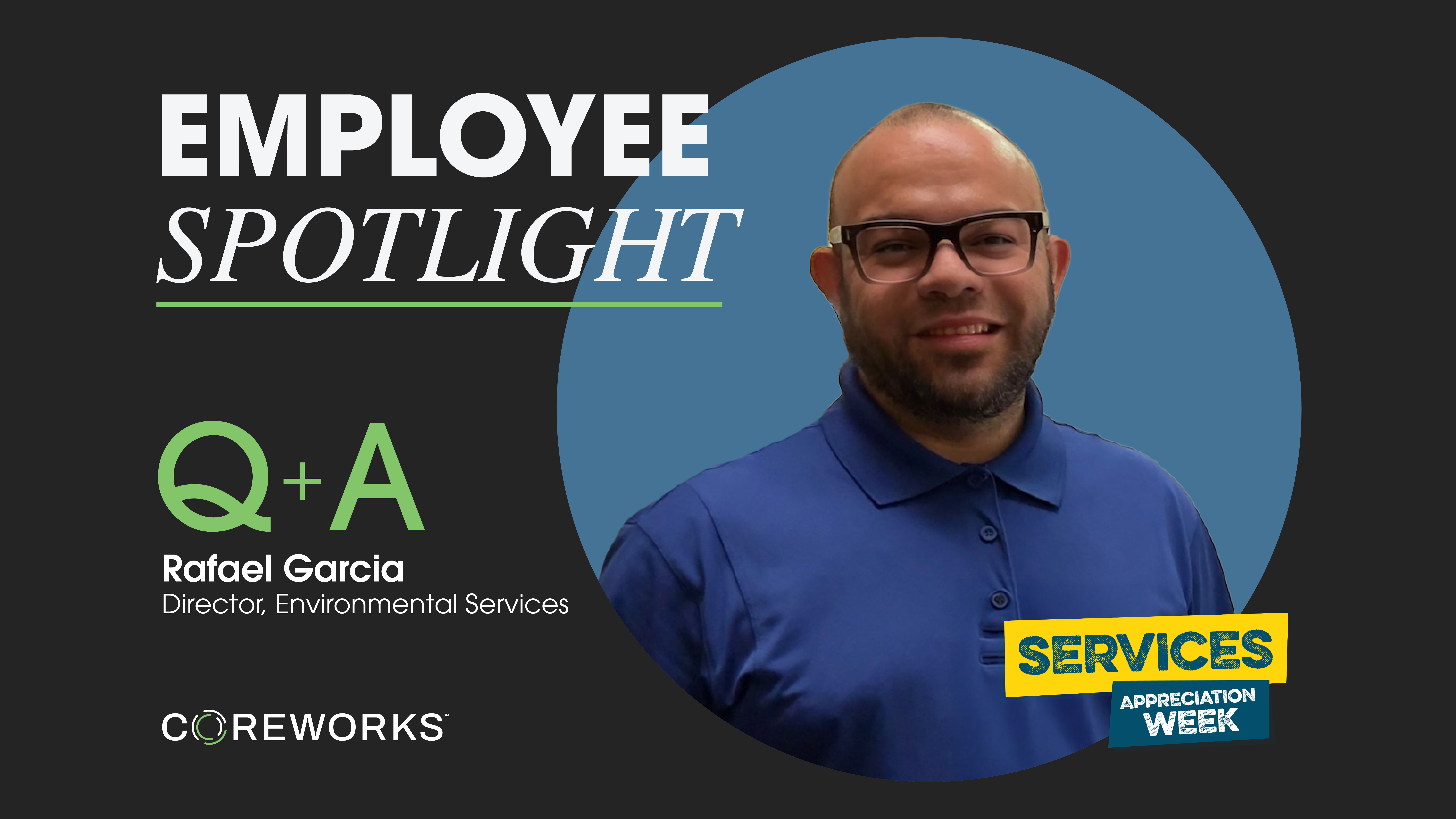Empowering Senior Living Communities to Maximize Resident Engagement
Engaging educational programming is key to senior living communities helping their residents thrive and form meaningful connections.
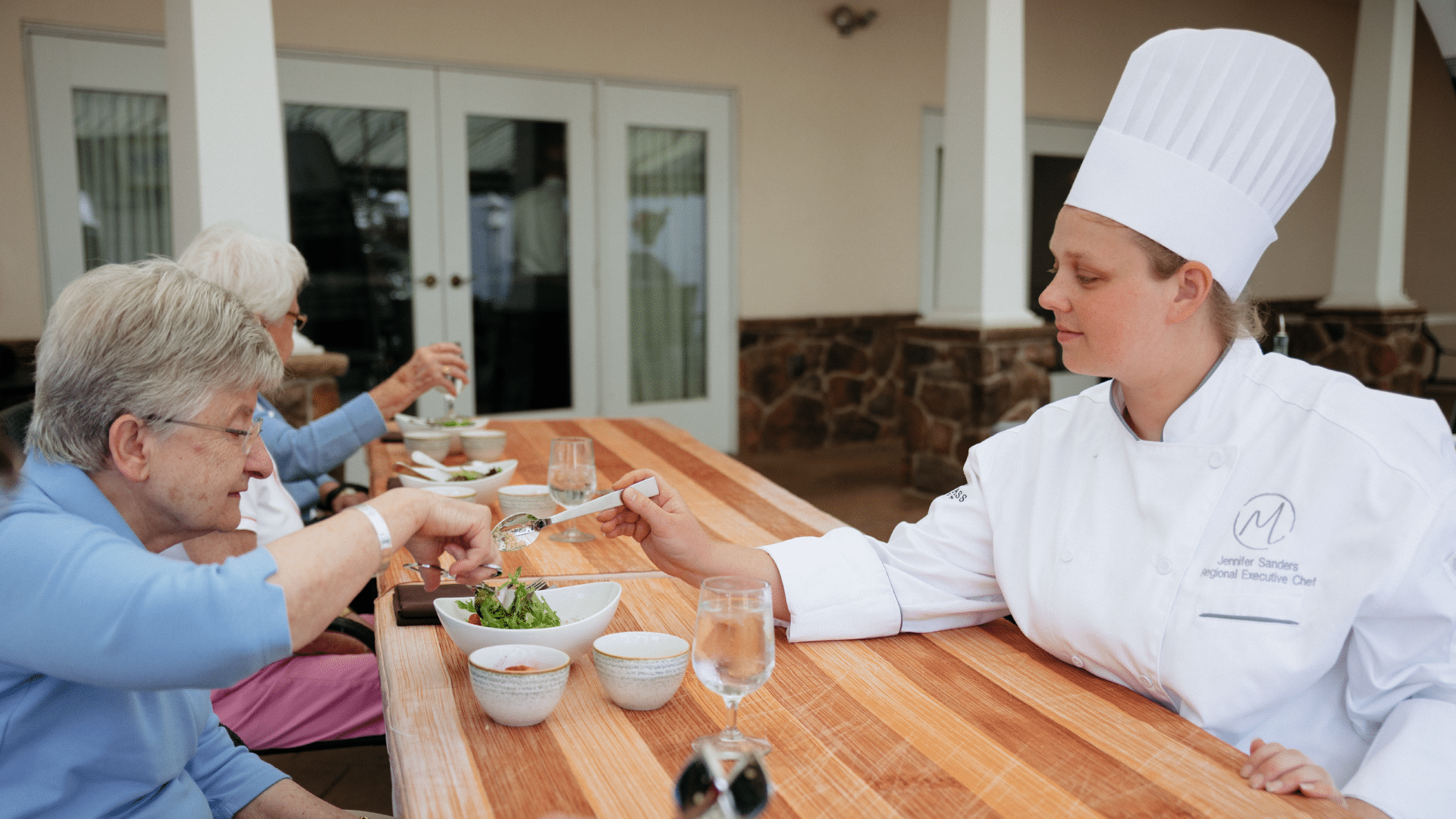
One of the most profound cultural shifts in our country is happening right before our eyes. We are witnessing the largest influx of older adults into the 65 and above age category. By 2040, there will be about 80.8 million older persons, more than twice as many as in 2000. These aging adults are healthier, better educated and more active than the generations that preceded them. They are inclined towards more participatory life enrichment activities that provide opportunities to ask questions, touch, feel and interact with learning topics.
The WHO Decade of Healthy Aging Report puts forth the task for senior living providers to improve the quality of life for older adults by 2030, asking that we offer the “ability to learn, grow and maintain independence for continued personal growth – mental, physical, social and emotional,” enabling older adults to do what they value and what brings them a sense of purpose.
So then, how are we adding these facets and providing engagement in our communities that is both enriching and dynamic?
Aging adult learning models should consist of frameworks that attract many types of learners and can meet them at their current life stage. Ensuring learning includes verbal lectures with tangible examples, as well as moments of memory recollection, are all tools that should be used when developing engagement opportunities.
It has to be hands on, meaningful and meet individuals where they are. It’s important to have engagement that is reflective and stimulating to their own experience.
Erin Van Valkenburgh
Director of Nutrition & Wellness
CCL Hospitality Group

What are the best practices communities should take into consideration when creating engaging activities and presentations for their residents? Three key areas need to be part of the planning:
Central to engagement, is of course, the topic we are trying to engage people in. Choosing topics that are interesting, is important, but they must also mean something to the participants and challenge them in some way. Choose subject matter that the general population uses frequently, but may have never been explained to them, for example “Why do we eat with our eyes?” or “What is the history of silverware?” Include historical significance, scientific principles and most importantly, provide the opportunity for residents to ask questions.
Additionally, asking the resident’s questions about their perceptions and own exposure to the subject matter, connects them to the presentation and challenges them to ponder their own understanding of the topic. Providing mental stimulation as well as educational reinforcement, ensures that participants leave with an understanding of the topic that is both global and personal.
When creating engaging presentations, it’s vital to form threads that sew concepts and ideas together. It quickly becomes apparent when a lecture or presentation lacks continuity and attempts to add too much content, rather than focus on quality.
Linking and interplay means including themes and ideas that both relate to the core subject, but also inform each other. Be intentional when choosing key points and make sure the topics work well with each other. This may mean excluding information that may be relevant to the subject matter. One good framework for creating a coherent presentation is to start with a broad theme, break it down into its key elements, drill down into real life examples and relate the content to topics previously discussed.
One of the greatest links to active and healthy aging, is creating opportunities that improve the psychological wellbeing, social inclusion and empowerment of older adults. The presentations and activities we provide our seniors are a perfect example of ways we can create these opportunities. Relating content to participants interpersonally provides them with a certain amount of “social capital.”
Social capital are the frameworks and tools used to create networks and build social groups. Creating space for residents to recollect during engagement activities and providing historical examples of how topics may have changed over time, gives participants the ability to connect with each other – and provide an opportunity to form new social groups.
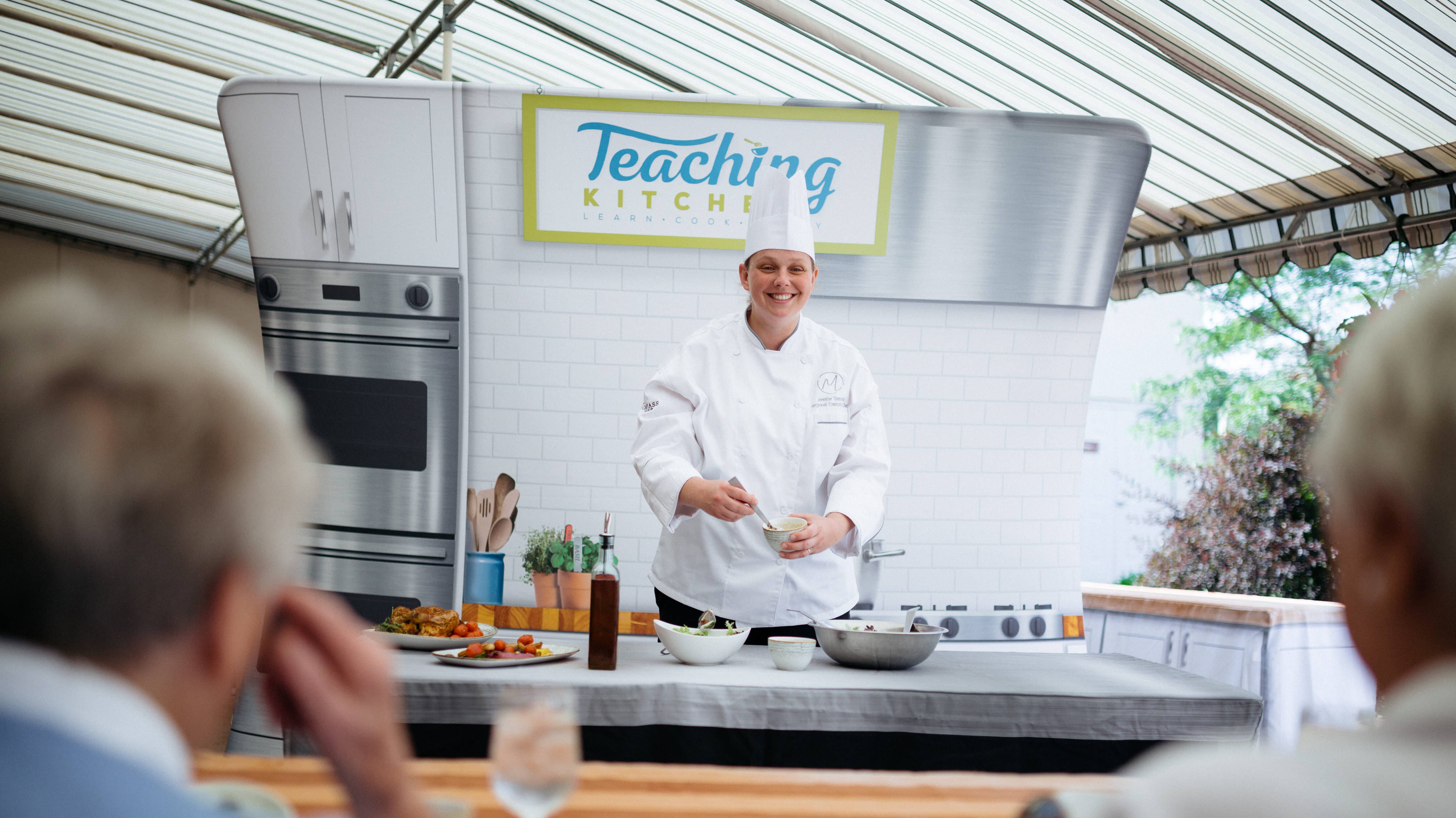
These core aspects are all utilized when creating and implementing CCL’s many nutrition, wellness and culinary programs. Teaching Kitchens, for example, are highly interactive lesson building presentations introducing participants to basic culinary knowledge, but linking those skills to our Superfoods Program by including Registered Dietitians to provide facts that build on the meal the residents are learning to prepare.
Another example is the “Why Does My Food Taste Like That?” presentation, which leads participants through precursory knowledge on how taste works and provides interactive examples that build upon the lessons discussed throughout the presentation. Sampling parmesan cheese or Umami to test their ability to detect bitterness using testing strips is one example. Programing like this has been highly engaging, successful and residents have loved these experiences.
We continue to be intentional about providing opportunities to stimulate mind, body and soul, which improves the overall experiences in our communities every day – and these activities are also a lot of fun for the resident’s and staff which further enhances meaningful engagement.
